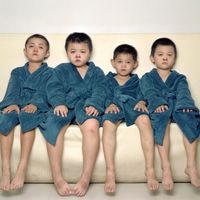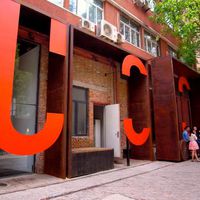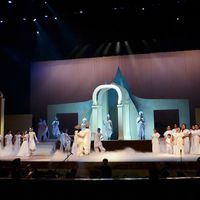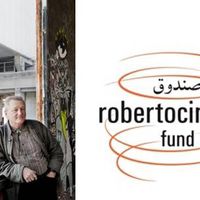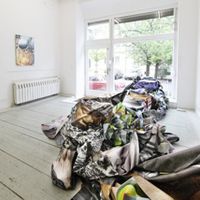Korea's Culture Vision 2030 prioritises artistic freedom
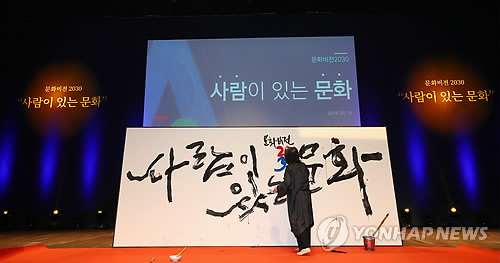
As reported on Yonhap: South Korea's government has laid out a long-term cultural policy vision based on autonomy, diversity and creativity in a mode meant to differentiate the policy from that of predecessors it accuses of rightist bias and staid bureaucratism.
The ministry announced the "Culture Vision 2030" which contain 37 top policy priorities.
The ministry said the policy vision was created through discussions involving some 8,000 private experts for the past eight months, in a departure from the top-down approach to policy decisions in the past.
At the start of the news conference, Do Jong-whan, minister of culture, sports and tourism, bowed in apology for his ministry's involvement in the past government's blacklisting and oppression of liberal-minded artists, writers, singers and filmmakers.
"Every human being has the right not to be monitored, censored or discriminated against. However, the country suppressed and infringed upon freedom of expression, not to mention excluding some artists from state support." Do said at the multiplex hall of the National Museum of Modern and Contemporary Art in Seoul.
The former poet and lawmaker was referring to the previous Park Geun-hye administration's so-called artists blacklist, through which hundreds of cultural figures were listed and denied government support.
After his speech, calligrapher Kang Byung-in took to the stage, barefoot. Using a big brush, he wrote "Culture With People" -- the ministry's policy slogan -- in Korean on a big white board. As he performed, traditional Korean music was played at high volume and the stage was illuminated with colorful lighting.
Image: Calligrapher Kang Byung-in performs during a media briefing on the government's long-term cultural policies at the National Museum of Modern and Contemporary Art (MMCA) on May 16, 2018. (Yonhap)
Similar content
from - to
07 Nov 2012 - 02 Dec 2012
posted on
07 Jul 2016
from - to
08 Jun 2013 - 09 Jun 2013
20 May 2011
04 Aug 2016

